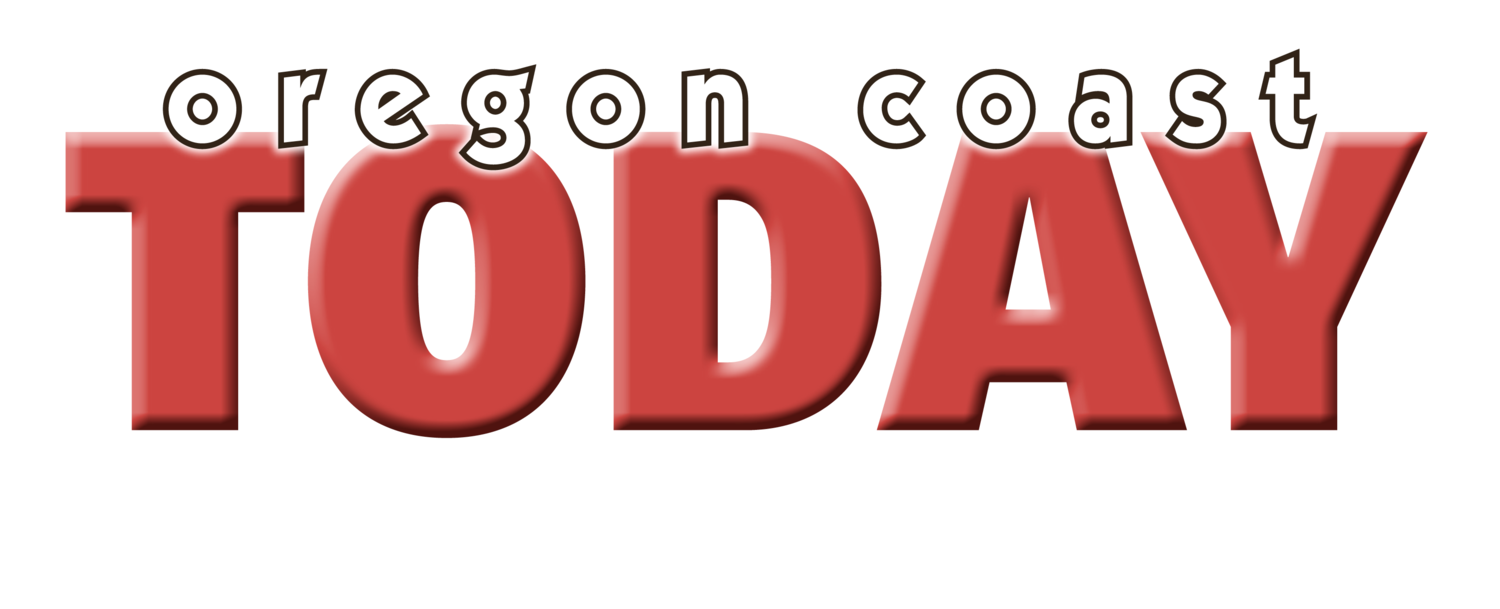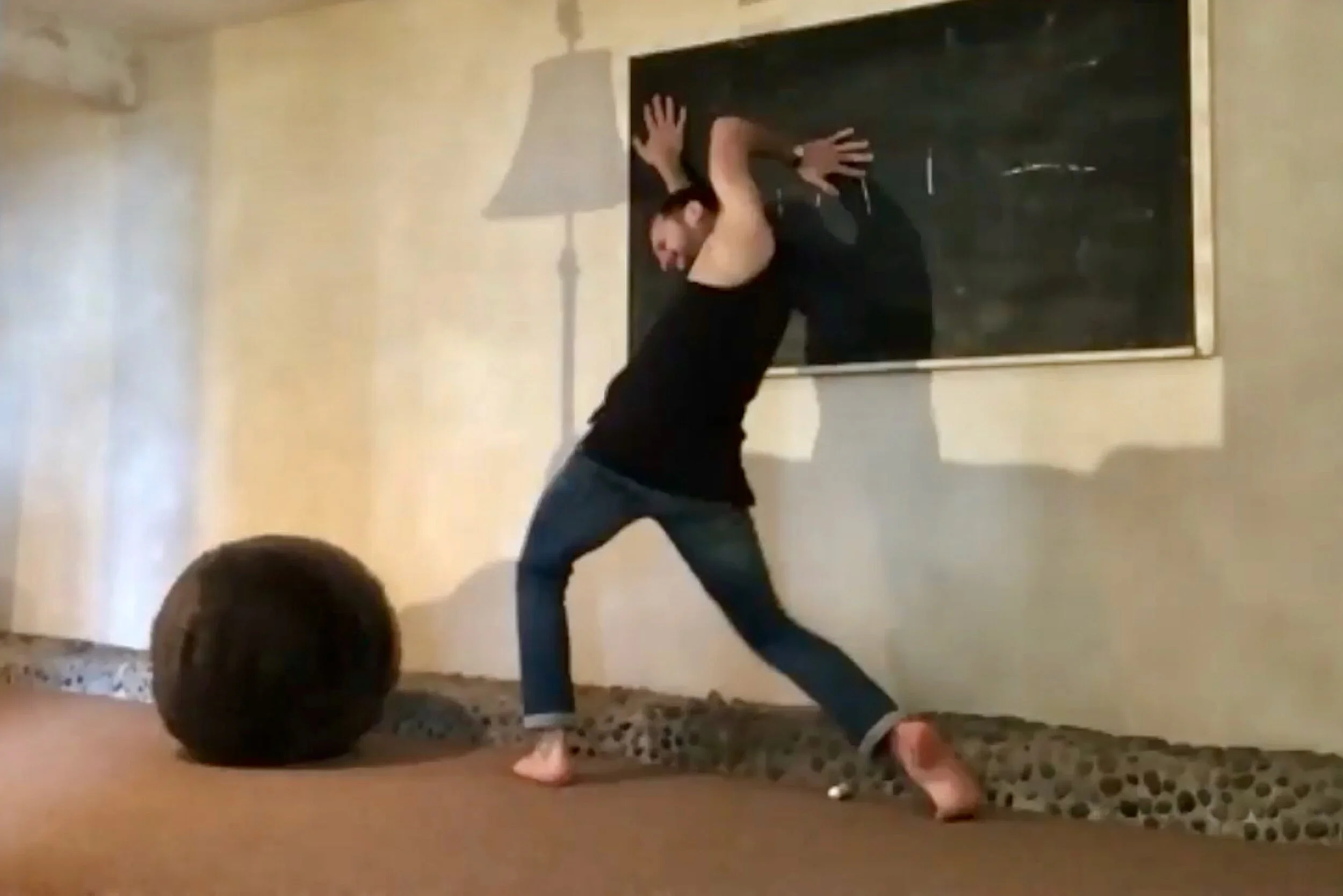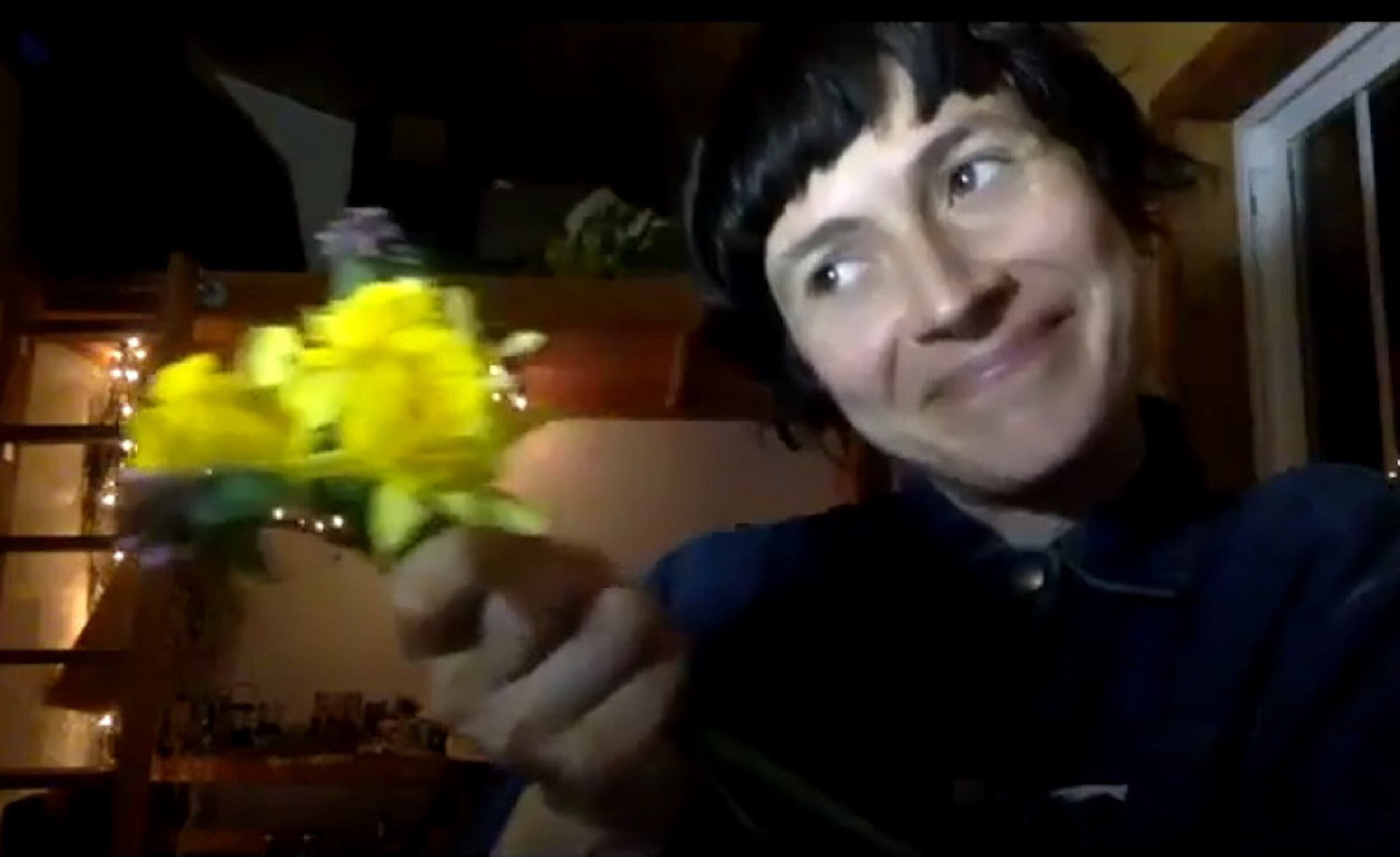Go OUT, while staying in
By Gretchen Ammerman
Oregon Coast TODAY
Cities like San Francisco and Portland are known for their thriving LGBTQ+ culture, but queer doesn’t stop at the city limits. That’s why the OUT Dance Project is launching a virtual tour of stories and dance from rural areas across Oregon, Thursday through Sunday, March 25 through 28.
The mission of the project is to share experiences and create opportunities for rural LGBTQ+ Oregonians to connect. Lead artists Eliot Feenstra and Sophie Traub, who live in the Illinois Valley, put out the call for stories in February.
“We ended up with submissions from throughout the state, which was what we had hoped for,” Traub said. “We had originally planned to select six stories but ended with 10 because they were so beautiful and powerful.”
Each story features a song, emotionally significant to the writer, which is then set to dance by Oregon-based choreographers Mizu Desierto, Crystal Sasaki and Snowflake Calvert, and performed by an ensemble of nine performers who live or have lived in rural Oregon. The process has brought together artists from across the state, collaborating via Zoom.
“We’ve all gotten creative about building community and solidarity across distance,” Feenstra said. “As queer folks living in rural Oregon we know how hard feeling like ‘the only one’ can be — even though we are here.”
Though tickets are free, organizers are hopeful that the stories and performances will move viewers to donate to the local organizations that the event was created to support.
One of those places is the new Bravery Center, located in the Lincoln City Cultural Center.
“We want to help uplift and amplify places like the Bravery Center that are supporting LGBTQ+ with funds but also exposure,” Feenstra said, “Our missions are very much aligned.”
The Bravery Center is a new program of the non-profit Olalla Center in Toledo, that has provided mental health and community services in Lincoln County since 1978.
Director Beck Johnson worked there for a few years before proposing the addition.
“I was working with LGBTQ+ youth and their families, and it became really obvious that there really just wasn’t anywhere for them to go or things for them to do with others in their communities,” Johnson said. “So, I asked if I could go after some grants to start the Bravery Center, and they gave me their full support, although I did have to find additional funding. Luckily, I love writing grants.”
With grant funds in place and a physical space provided by the cultural center, Johnson began to prepare to open the Bravery Center doors in January 2020, but a few delays and a pandemic changed everything.
“I had this sparkly beautiful plan of how it was going to go, and then everything changed,” Johnson said. “I had to figure out how to build this online instead. What I did was really start networking with local and statewide services like PFLAG and make sure we were really tied together while we were literally isolated.”
Isolation is a key element that Johnson and the organizers of the Out Dance Project are addressing.
“LGBTQ+ people face barriers everywhere, but in rural areas they are astronomically less likely to be accepted, and more likely to be discriminated against and to face the kind of barriers they would not get elsewhere,” Johnson said. “They face isolation, lack of representation and acceptance, fewer opportunities to explore and grow their identities and lack of affirming and safe resources. They are also much more likely to meet with violence."
Growing acceptance extends outward into other members of the community, too.
“Every other Tuesday evening I have a group for parents, care givers: really anyone in a caretaking role,” Johnson said. “It’s a safe space to ask questions. I also did a workshop in partnership with Samaritan that was a ‘How to support your LGBTQ+ kids,’ and we actually got to do a live translation into Spanish. It went really well. Bravery also provides outreach training to schools, healthcare providers, even businesses — anyone who needs help learning how to support queer people in their lives.”
With COVID-19 restrictions easing, Johnson is preparing to finally be able to open the doors of the center, literally.
“If infection rates keep going as they are, we hope to be fully open by this summer,” they said. "I’m very excited."
The sentiment is mutual, according to cultural center Director Niki Price.
“We are all so excited about this addition to our cultural center family of nonprofits and creatives — we think it’s a perfect fit,” she said. “We are able to offer them gathering space, and the use of the kitchen, the ceramics studio and the auditorium when they need it. We hope that these assets will help the Bravery Center as it becomes an even more powerful resource for our community.”
Funds raised by the OUT Dance Project will bring needed support for the center as it prepares for the new phase of operations.
“COVID was a bit of a blessing since it let us stretch our funds a bit, but we are still stretched thin,” Johnson said. “We provide a service that is not billable.”
A 2020 survey from the Rogue Action Center for LGBTQ+ people in Josephine and Jackson counties, showed that 100 percent of queer youth between the ages of 13 and 17 reported feeling lonely, and 86 percent of respondents felt like they needed to leave the area to live a good life.
“We believe that change starts with stories, and stories are the foundation of relationships,” Traub said. “Hearing stories that reflect your experience is a critical part of addressing the loneliness that often accompanies being rural and queer. We want to interrupt the story that if there are resources in cities, there’s no need for them anywhere else.”
Eliot Feenstra is a transgender activist and artist who has been engaged with rural queer organizing in southern Oregon since 2012, including hosting workshops, gatherings and working with the Rogue Action Center’s LGBTQ+ Listening Project.
Sophie Traub is a genderfluid queer performing artist, actor and theatre/film creator with extensive strategic, artistic leadership experience through work as programming director for The School of Making Thinking.
OUT Dance Project performances will take place online beginning at 6 pm on Thursday, March 25, until 6 pm on Sunday, March 28. The performance hosted in partnership with the Lincoln City Cultural Center and the Bravery Center will take place at 6 pm on Friday.
Facilitated community dialogues will take place on Zoom after each performance with the local co-hosts and the OUT Dance Project artists.
The performances will also be recorded and archived by HowlRound and at the Gay and Lesbian Archives of the Pacific Northwest.
For more information about the Bravery Center, go to www.olallacenter.org.
For tickets to the OUT Dance Project performances and to donate, go to www.beyondboomandbust.com or email boomandbust.info@gmail.com.



